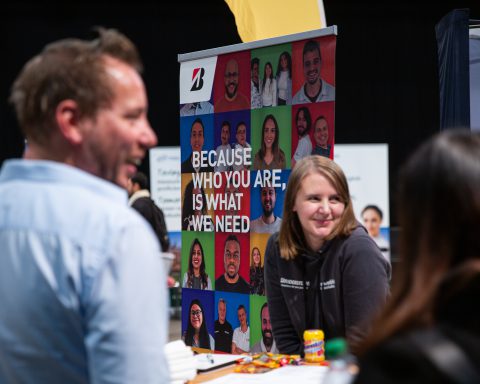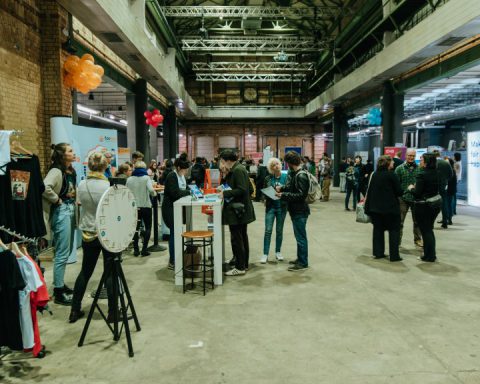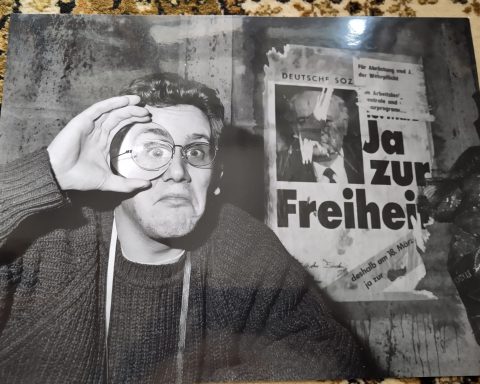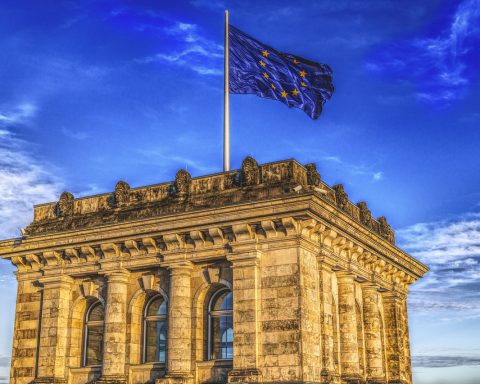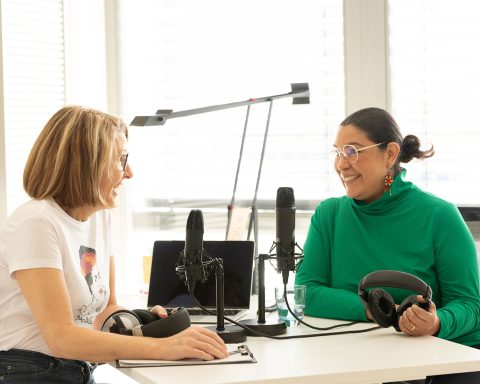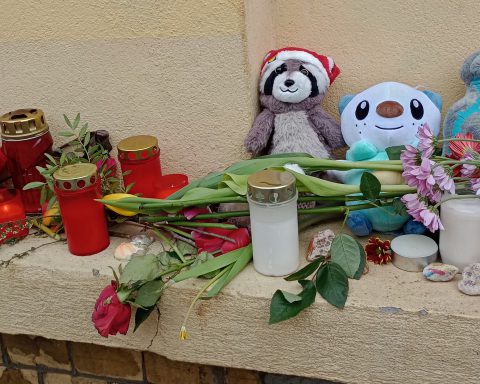Having followed the local news closely over the past couple of years, I was often happy that many of my non-German friends did not seem particularly well-informed about what was happening in Leipzig and Saxony (Sachsen).
If you didn’t speak German, you might have missed when five pig’s heads were impaled on the premises of Leipzig’s future Ahmadiyya mosque in 2013. You may not have noticed that a right-wing group collected ten thousand signatures against the construction of East Germany’s first Islamic landmark. You may have overlooked yesterday’s arson attack on a future asylum accommodation centre in Meißen, which is just a 40-minute car journey away. You may have lived in blissful ignorance of the fact that you live in a city teeming with hatred.
It was of course stupid of me to believe this.
Xenophobic harassment did not begin when the city centre started being shut down once a week for the Legida demonstrations, which made Leipzig’s internationals painfully aware that there were people in this city who considered them unwelcome. Even I, as a German, have been harassed for speaking a foreign language in public. If you don’t look European in this city, you know that racism is real – with or without Legida.
That’s why I want to tell you of the tragic situation currently occurring in the town of Freital, near Dresden (the birthplace of Pegida). Six months ago, the Saxon capital made it onto the world’s front pages when up to 30,000 people marched once a week against a perceived Islamic takeover.
Since then, the numbers have dropped, but the demonstrations continue. The protestors began targeting neighbouring Freital because the town was to host a branch of the Saxon first-reception service for asylum seekers. 400 people, mostly from war-torn Syria, now inhabit a former hotel in a residential area.
Since 24 June 2015, about 100 people are demonstrating against the facility every night with nationalist slogans, flags – and Nazi salutes. At first, there was hardly any police in sight to protect the refugees, and the local security guards were overwhelmed, particularly during the hours after the demonstrations. The only people who finally protected the building every night were a few dozen courageous left-wing activists.

Last Friday, I drove down to Freital to show solidarity with the refugees, who have no choice but to endure. Upon arrival I was shocked to see how dire the situation had in fact become. It is impossible to imagine how hard it must be to be greeted with boos after having escaped from a warzone, trying to get to Germany for the past two years, having your traumatised children with you, who have no idea what is happening to them.
The refugees showed themselves to be genuinely grateful for the support that 500 people were giving them; nevertheless, I could not help but feel ashamed.
Unfortunately I was not only ashamed because the refugees had been received in this manner. I was also ashamed because some demonstrators on our side had used the asylum seekers to advocate their own questionable causes. One of the most popular slogans I heard was directed against Dynamo Dresden, a local football team.
Another stated, “Germany must die, so we can live.”
It did not seem as though the people who were shouting these things gave a damn about what the refugees would feel if they understood that was going on.
What is the lesson to be learned from this? It is our job to continue protesting for an open and cosmopolitan Leipzig. Don’t let yourselves be represented by political extremists, no matter which side they’re from. On Monday, Legida will once again attempt to shut down the city centre with the support of Dresden’s Pegida movement. Let’s make sure they don’t feel too comfortable here.

